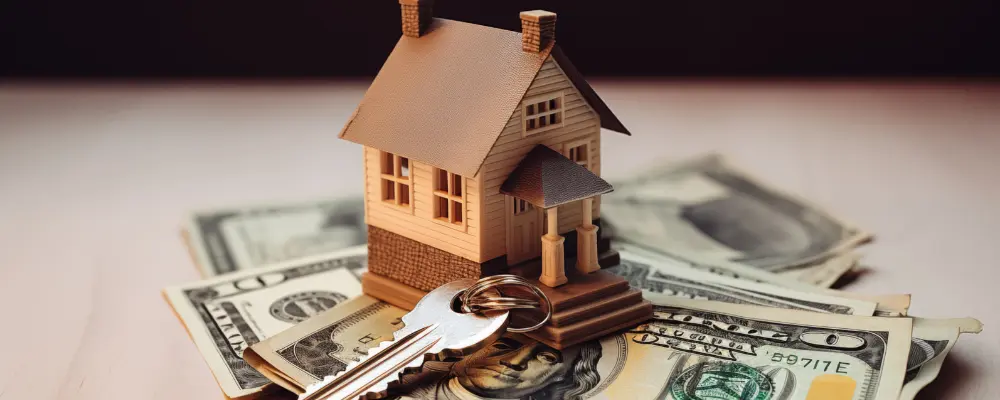In recent days, the procedure for getting home loans has become quite simple. With the advancement of NBFC’s (Non-Banking Financing Centers) like Mahindra, Bajaj, IDFL etc… entering the market the private and co-operative banks have also entered the competitive market with attractive interest rates, EMI’s and payment schedules. A big thanks to the growth of the Home Loan Industry in India. We can now avail as much as 90 percent of the project cost.
Procedure for Obtaining a Home Loan in Bengaluru
- Determine the budget amount that you want depending on your requirements, the specifications of home and the design of the home. Also, calculate the future expenses that occur once the loan is a sanction to decide on the total budget amount.
- While choosing the best home loan, calculate the EMI that you need to pay (Equated Monthly Installment) every month on the availed loan amount and the tenure for the repayments. As a thumb rule, always fix EMI lesser than 50 percent of your monthly salary.
- Before applying for any home loan, always inquire about your eligibility to the wanted loan scheme. Know the chances of acceptance and of your application through eligibility calculators that are freely available online.
- Get all the required documents collected to apply for the home loan. The required documents will include the property papers which comprise of Permission for construction, Registered agreement of Sale, Occupancy certificate (if applicable), Share certificate (if applicable), Water Bill, Electricity Bill ( If applicable), approved Plan copy, Registered development agreement with the builder, Conveyance Deeds (If Applicable), Income Tax Returns for the past two years and Payment Receipts or bank account statement showing all the payments made to Builder/Seller, the account transactions of past six months, the loans taken in the past if any, TDS certificates if applicable.
- Apply for a home loan with the bank or NDFC. Usually, the bank will charge around 8.5 to 10 percent interest depending on your status and property worth. The NDFC will usually charge around 9 to 11 percent interest depending on the same. It’s only the NDFC’s and co-operative banks who will provide the home loan on the B Katha property hence do not apply to private banks and nationalized banks as your application gets rejected after the scrutiny.
- Home loan assessment is done by the bank verifying the submitted application and the submitted documents.
- After successful verification and valuation of the property, the bank or the NDFC issues a Home Loan Agreement. Now the borrower is ready to sign Home Loan Agreement. The home Loan agreement will contain all the terms and conditions related to Home Loan. The borrower is supposed to submit original documents, ECS (Electronic Clearance Service) with cheques and other undertakings as per the clauses of the Bank or NDFC.
- The bank will provide banker’s cheque to the Borrower only after communication with the builder or the Seller and will undergo disbursement process. The funds are directly transferred to the third party builder or the seller on the requirement basis.
How to apply for a home loan or a property loan with B- Katha?
Ideally, it’s not feasible to buy a B- Katha plot. No matter how cheap you obtain the property, there is always a hurdle in obtaining the housing license and other vital amenities from the local authority. It’s against the law for the local authority to give such licenses and amenities for B Katha property but people bribe local authority and get it done or these local authorities demand a bribe and get the job done. The point to note is that these properties are always on the verge of destruction if the situation demands and are most vulnerable to a complete loss. So, ensure that you are not buying a B Katha property and if already done, convert it to A-Katha from the local authority at the earliest.
Apply with a decent NDFC or a co-operative bank for the home loan. Follow the procedure mentioned above. Since it’s a B Katha, the property is subjected to be charged 1-2 percent more as a rate of interest.

